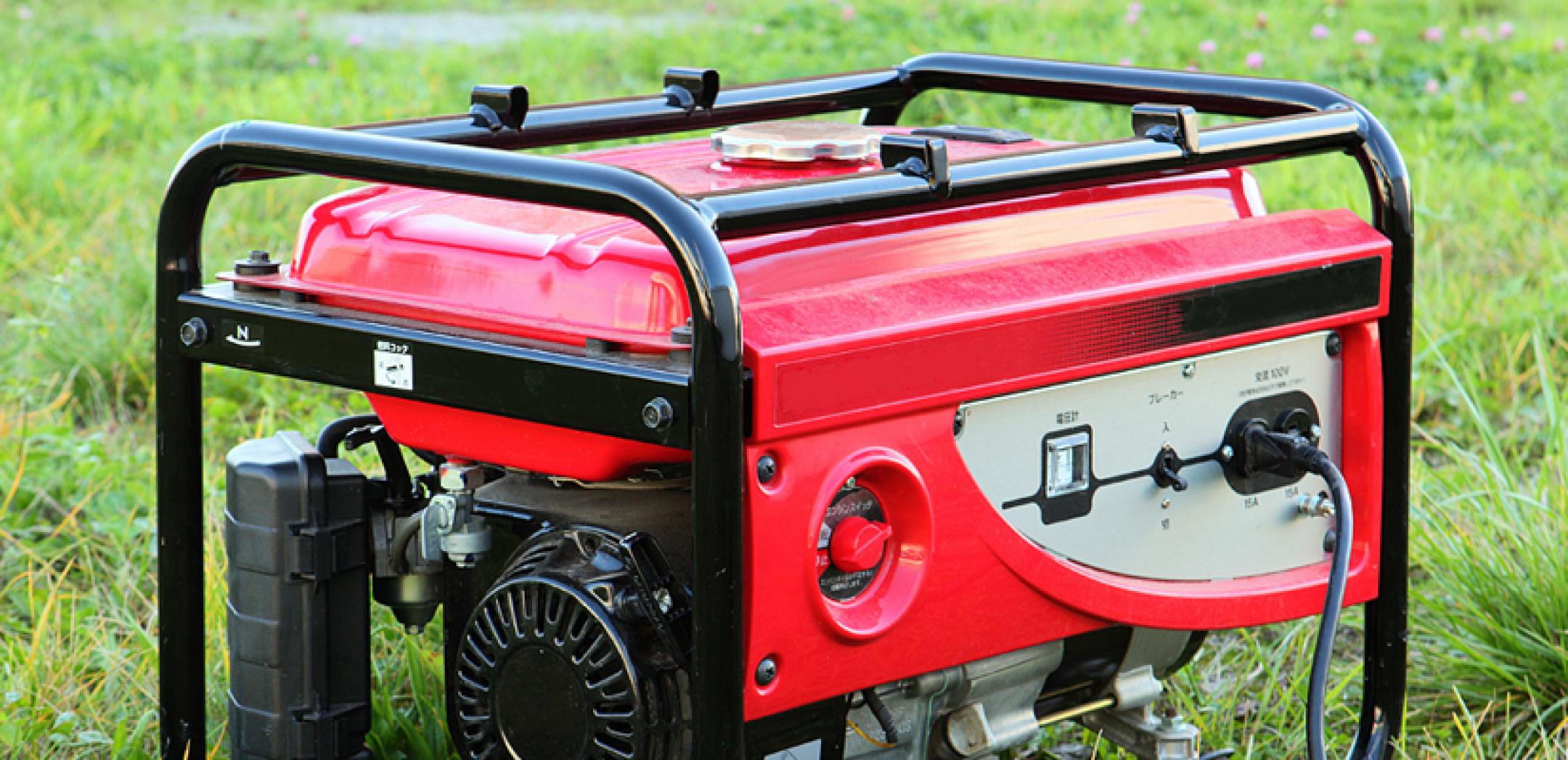Emergency Certified Electricians in Dallas, TX.
Call this Friday to Get 10% OFF
Emergency Certified Electricians in Dallas, TX.
Call this Friday to Get 10% OFF

Many homes and businesses rely on generators as backup sources of power in an emergency. However, to ensure that your generator is working at its best, it needs to be well maintained. To take proper care of your portable or standby generator, you’ll need to know what a generator is and how it works. At Mr. Electric of Dallas, we enjoy providing high quality residential and commercial services for our local clients. We know knowledge is power, and that’s why we want to give you some more information about generators and their components, so you can ensure your generators are ready to perform when the unexpected arises.
Rather than depending on city utilities for power, a generator uses an external energy source, normally gas or propane, to generate its own power. Using a technique called electromagnetic induction, the generator uses mechanical energy to move magnets, which creates a consistent flow of electrons. These moving electrons create an electrical current, which can be measured in amps, and controlled using a generator.
The generator itself houses many different components that are vital to its function. Keeping these parts in top shape is essential to ensuring your generator is always working well:
The specific source of fuel used doesn’t affect how well the generator works. However, it’s important to choose a generator based on which power source is best for your needs. There are a wide range of models available that runs on gas, water, wind, solar and even manual cranks. Small portable generators can be used for simple tasks like charging cell phones or running an energy efficient light bulb. If you want to power your entire household or business, you’ll need to install a large standby unit that’s capable of producing a enough electricity for your unique purpose.
Need an Electrical Generator Installation? Call Mr. Electric of Dallas
Are you interested in investing in a new generator? Is your current generator in need of a replacement or maintenance service? Then call the experts at Mr. Electric of Dallas today. Our certified and insured electricians proudly serve home and business owners in Dallas, Arlington, Oak Lawn, Lakewood, Farmers Branch, University Park, Lake Highlands, Highland Park, Inwood and other surrounding North Texas communities. Call today for more information or to book a convenient appointment with a Dallas electrician near you.